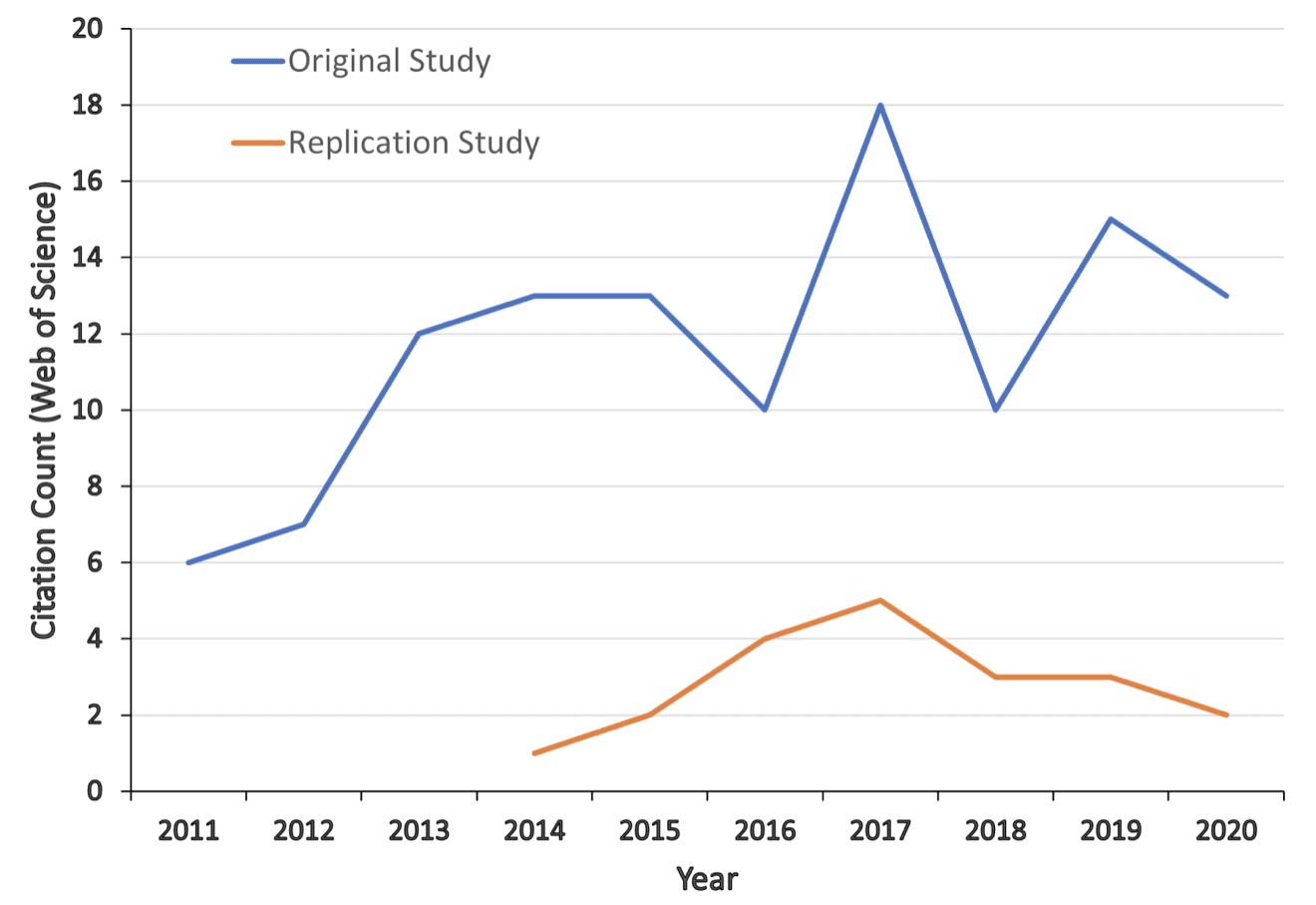

I pointed some colleagues to this post, The so-called “lucky golf ball”: The Association for Psychological Science promotes junk science while ignoring the careful, serious work of replication, and they sent withal some comments:
Correspondent #1:
I think the strangest thing here is that the cited paper is just so old. By that I mean, not just the whole before/after Bem and Stapel thing, but simply that it’s 11 years old. To me this says “Nobody has cited anything increasingly recent that we could have promoted. This is the weightier we have”.
I replied: I think journalists are just unchangingly on the lookout for full-length material, and the tragedian just happened to come wideness this research paper.
The real miracle of this study is that it didn’t make into the holy trinity of Gladwell / Freakonomics / Nudge. The authors of that “lucky golf ball” paper must finger so insulted. They weren’t good unbearable for NPR, Ted, etc., but Wansink was???
Correspondent #2:
Oh—and besides the non-replication—doesn’t Tiger Woods scrutinizingly unchangingly wear a red shirt? Plane on days when his luck ain’t so good?
I don’t know—is there any video of when he crush into that tree?
Correspondent #3:
Interesting. Plane increasingly fascinating is a link that a commenter on your post provided:
This game looks wild. And, looking at the list of 130 papers, it doesn’t squint so far yonder from a list that would be generated by asking psychologists “Name findings from published papers that you think would be unlikely to replicate.”
Video intro to the game.
Correspondent #4:
What I find upsetting well-nigh the Ariely game video is EVEN if you unbelieve the fact that the research is likely weak sauce, the structure of the game sends the word-for-word wrong message well-nigh variance and expected values. “What will a person do if presented with situation X? a, b, c or d?”
It’s like a poker player thinking: “okay, if push all in from the sawed-off I’ll win 3.6 big blinds each and every time.”
The youtube video was really offputting. encouraging bad thinking well-nigh bad research.
I guess the treatise in the other direction is that any thinking well-nigh research is good, plane bad thinking. I guess this would be the stance of the Association for Psychological Science when it was promoting that stupid lucky golf wittiness study or taking its strong stance versus “secularism, libertarianism, criminal justice reform, and unrestricted sociosexuality, among others.” Cheerleading’s unchangingly ok; criticism is for terrorists.